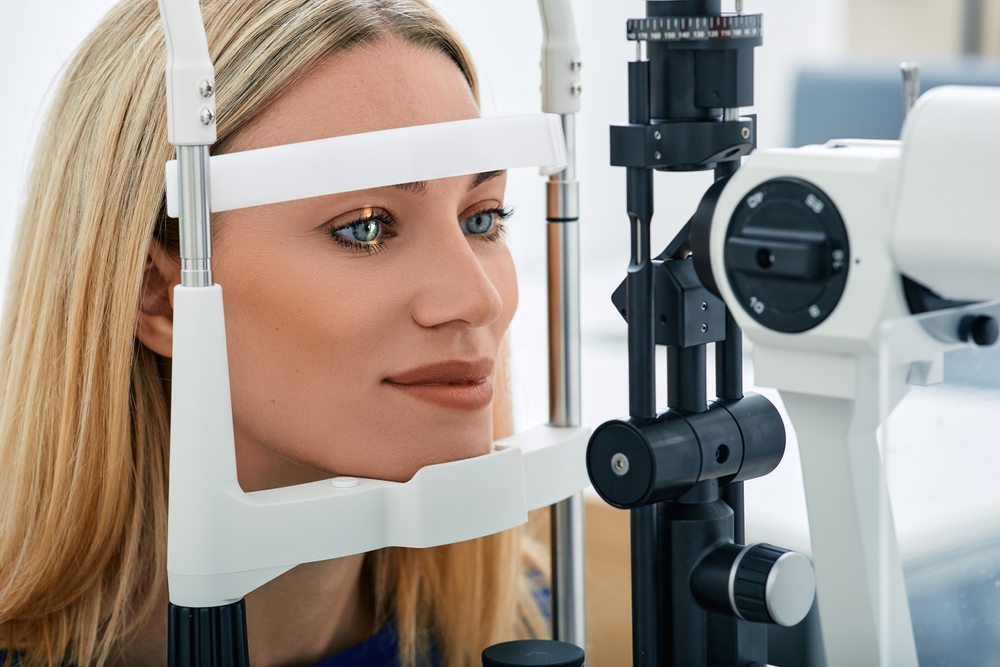
A comprehensive eye exam goes beyond simply checking your vision; it evaluates the overall health of your eyes and can detect a wide range of eye conditions and diseases. Whether you have perfect vision or experience occasional eye discomfort, regular comprehensive eye exams should be a priority.
What to Expect During a Comprehensive Eye Exam
When you visit an optometrist for a comprehensive eye exam, they will conduct a series of tests to evaluate various aspects of your eye health. These tests may include visual acuity tests to measure the sharpness of your vision, refraction tests to determine the appropriate prescription for corrective lenses, and tonometry tests to measure the pressure inside your eyes. Your optometrist will carefully examine the structures of your eyes, including the cornea, iris, lens, and retina, using specialized equipment.
Common Eye Conditions Detected During an Eye Exam
One of the primary reasons why comprehensive eye exams are vital is their ability to detect a wide range of eye conditions and diseases. Many eye conditions can develop without obvious symptoms in the early stages, making regular exams crucial for early detection and treatment.
Your eye doctor can identify common eye conditions such as refractive errors (nearsightedness, farsightedness, and astigmatism), cataracts, glaucoma, macular degeneration, and diabetic retinopathy. The early identification of these conditions allows for prompt intervention and management, potentially preventing vision loss or other complications.
Additionally, comprehensive eye exams can also reveal underlying health issues that extend beyond the eyes. Conditions such as high blood pressure, diabetes, and certain autoimmune diseases can manifest symptoms in the eyes.
The Importance of Early Detection and Treatment
Many eye conditions, such as glaucoma and macular degeneration, are progressive and can lead to irreversible vision loss if left untreated. By regularly undergoing comprehensive eye exams, any changes or abnormalities in your eyes can be identified early on, allowing for timely intervention. Early treatment can help preserve your vision and prevent further deterioration.
It is important to note that some eye conditions, such as diabetic retinopathy, may not exhibit noticeable symptoms until the disease has progressed. Regular eye exams are especially crucial for individuals with diabetes, as diabetes can cause damage to the blood vessels in the retina. By monitoring the health of your eyes through comprehensive exams, your optometrist can detect any signs of diabetic retinopathy and collaborate with your primary care physician to manage your diabetes effectively.
Prioritizing Your Eye Health
Comprehensive eye exams are essential for maintaining healthy eyes and detecting a variety of eye conditions and diseases. By undergoing regular exams, you can ensure that any changes or abnormalities in your eyes are identified early, allowing for proper treatment and management. Prioritizing your eye health by scheduling regular comprehensive eye exams is an investment in your long-term vision and overall well-being.
Prioritize your eye healthy by scheduling a comprehensive eye exam today, visit The Public Spectacle at our office in Brunswick, Maryland. Call (301) 834-6400 to book an appointment.


